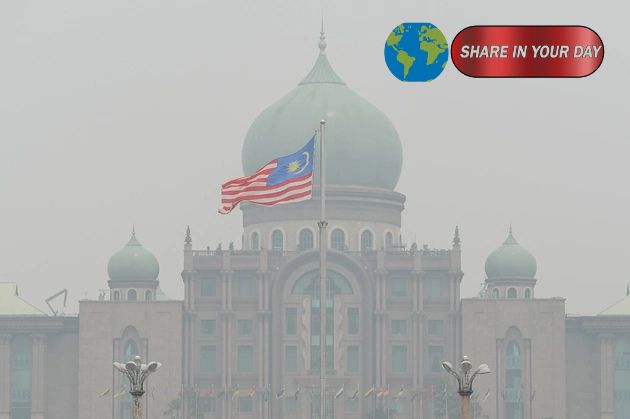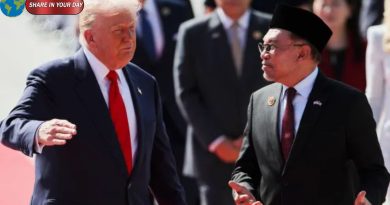On July 10, 2025, U.S. President Donald Trump announced his intention to nominate Australian-born author and commentator Nick Adams for the role of U.S. Ambassador to Malaysia.
Who is Nick Adams?

Adams is a self-described “alpha male” and prominent figure in conservative-influencer circlesOriginally from Australia, he became a U.S. citizen in 2021 He authored books such as Alpha Kings (2024) and has positioned himself as an advocate for traditional masculinity, strong national identity and critique of “woke” culture.
In his public persona, Adams often posts about steak, visits to the restaurant chain Hooters, and a macho image he brands as “alpha male” behaviour
The Nomination & Diplomatic Implications
Trump lauded Adams as “an incredible Patriot and very successful entrepreneur, whose devotion to our Great Country is an inspiration. The nomination was formally submitted to the U.S. Senate for confirmation.
If confirmed, Adams would replace Edgard Kagan, a career diplomat appointed during the previous administration.
However, the nomination raises several diplomatic red flags:
- Malaysia is a majority-Muslim country and traditionally supports the Palestinian cause. Adams has publicly aligned with Israel and made comments viewed by many in Malaysia as Islamophobic.
- Malaysian youth and political figures have already organised protests outside the U.S. Embassy in Kuala Lumpur, warning that they will “face us every week” if Adams is appointed.
- Analysts warn that the pick signals a shift in U.S. diplomacy toward placing loyalists and influencer-figures rather than career diplomats in key postings—raising concerns about readiness and cultural sensitivity.
Reactions in Malaysia
The appointment provoked strong responses in Malaysia. Some Malaysian politicians have called the nomination “an insult” and urged their government to reject Adams. The core concern: that Malaysia would be seen as the stage for “ideological firebrands” rather than for serious diplomatic engagement
Prime Minister Anwar Ibrahim’s government has signalled that it will handle the matter carefully, mindful of preserving good relations with the U.S. while also respecting domestic sentiment.
Why This Matters
- Diplomatic norms: Ambassadorial posts typically go to experienced diplomats; placing an influencer with minimal traditional foreign-service credentials marks a departure.
- U.S.–Malaysia relations: At a time when the U.S. is seeking stronger ties in Southeast Asia amid rising competition with China, the nomination adds complexity to Malaysia’s balancing act.
- Domestic impact: The backlash in Malaysia illustrates how a diplomatic appointment—even one made by another country—can trigger domestic political fallout.
- Signal to other countries: The move could be seen as emblematic of how the Trump administration selects representatives—rewarding loyalty and personal branding over conventional credentials.
Next Steps
- The U.S. Senate must still confirm Adams for the role.
- Malaysia’s government may formally declare whether it accepts the appointment (known as agrément) or rejects the nominee under diplomatic norms.
- How Adams, if confirmed, navigates Malaysia’s cultural context, trade ties and regional issues (such as ASEAN, U.S.–China competition and Middle East solidarity) will be critical to how effective he becomes.



